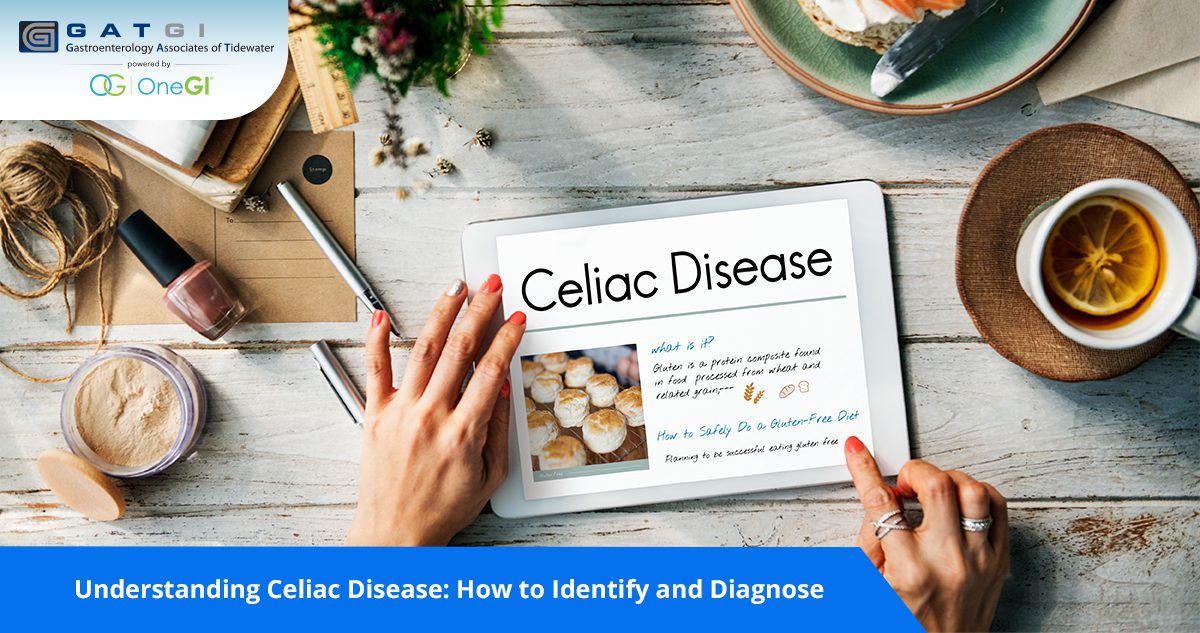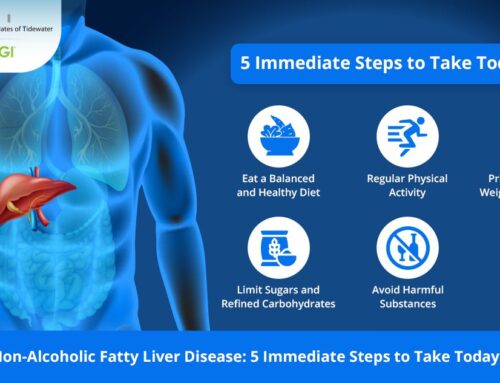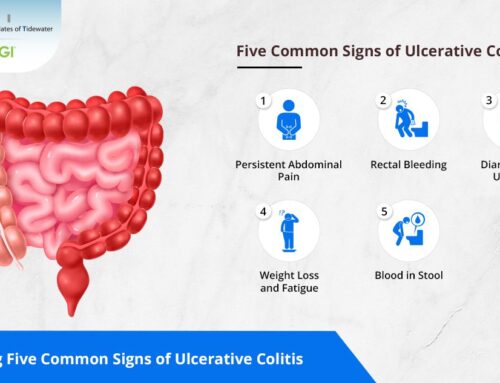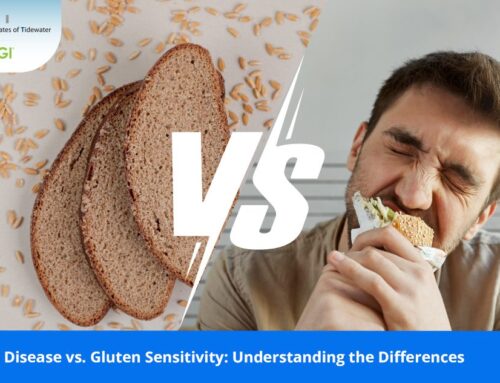Living with celiac disease involves careful navigation to maintain health and wellness, with a focus on making informed choices to avoid discomfort. For those diagnosed with celiac disease, understanding the symptoms, knowing how it’s diagnosed, and managing it is crucial to take control of their health. This deep dive into the ins and outs of celiac disease hopes to empower both patients and caregivers with the knowledge necessary to identify and diagnose this autoimmune condition.
An Overview of Celiac Disease
Celiac disease is a condition where eating gluten (a protein in wheat, barley, and rye) harms the small intestine. It’s caused by the body’s immune system attacking itself. The significance of this disease isn’t limited to gastrointestinal health. It can impact everything from nutrient absorption to mental well-being.
Celiac disease is hard to diagnose despite its wide impact. This might be due, in part, to recent research revealing a higher prevalence of the disease than previously thought. In the United States alone, it’s estimated that 2 million people are living with celiac disease, making awareness and early detection more crucial than ever.
Understanding Gluten and Its Role in Celiac Disease
For individuals with celiac disease, gluten is more than a dietary buzzword —It poses a potential risk to health. Found in an array of staples, from baked goods to soups, sauces, and processed foods, gluten is a pervasive protein that acts as a trigger for the body’s immune response.
When gluten is ingested, the immune system mistakenly attacks the villi, causing inflammation and damage. This can lead to a range of symptoms and complications, from digestive issues like bloating, diarrhea, and constipation to malnutrition, anemia, and even neurological problems in severe cases.
Symptoms and Indicators of Celiac Disease
Celiac disease affects each individual differently, and symptoms can vary widely in both nature and severity. These symptoms can show up as digestive, neurological, skin, or growth issues. Some common signs and symptoms include:
- Chronic diarrhea or constipation
- Abdominal pain and bloating
- Fatigue and weakness
- Anemia
- Dermatitis herpetiformis, an itchy skin rash
- Weight loss and stunted growth in children
Being familiar with these indicators can prompt early investigation and diagnosis, which is crucial for effective disease management.
People with celiac disease need to stay away from all foods with gluten, like wheat, barley, and rye. They also have to be careful about cross-contamination from gluten-containing foods in shared cooking areas.
Things to avoid with celiac disease include:
- Baked goods like bread, pasta, pastries, and cookies
- Beverages like beer and certain spirits
- Cereals, crackers, and chips
- Processed foods with gluten-containing ingredients, such as sauces and seasonings
Diagnostic Process: Tests and Procedures
Diagnosing celiac disease starts with blood tests to find certain antibodies that show gluten sensitivity. If these tests come back positive, it typically prompts a referral to a gastroenterologist for a biopsy of the small intestine, the gold standard for diagnosing celiac disease.
During an endoscopy, a small intestinal tissue sample is taken and examined under a microscope for signs of damage characteristic of celiac disease.
The Importance of Early Diagnosis and Treatment
The adage ‘knowledge is power’ rings especially true in the case of celiac disease. Early diagnosis helps people change their diet, follow a gluten-free lifestyle, and avoid health problems from eating gluten.
Celiac disease treatment primarily involves adhering to a strict gluten-free diet, which allows the intestinal lining to heal and prevents further damage.
Discover strategies to avoid nutritional deficiencies while following a gluten-free diet by reading HEALTHY GLUTEN-FREE DIET TO PREVENT NUTRITIONAL DEFICIENCIES IN CELIAC PATIENTS.
Final Thoughts on Celiac Disease
Celiac disease is more than an inconvenience. It’s a serious health condition that requires understanding, vigilance, and a proactive approach to manage effectively. By understanding the symptoms and diagnostic techniques, you’re starting a journey equipped with knowledge to manage celiac disease effectively.
If you think you may have celiac disease symptoms, do not hesitate to consult a board-certified gastroenterologist from a digestive disease center in Virginia such as Gastroenterology Associates of Tidewater in Virginia Beach or Chesapeake. They can lead you through the required steps to diagnose and verify the condition.
To schedule an appointment, call (757) 547-0798.






